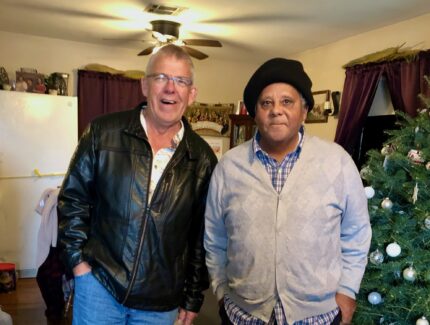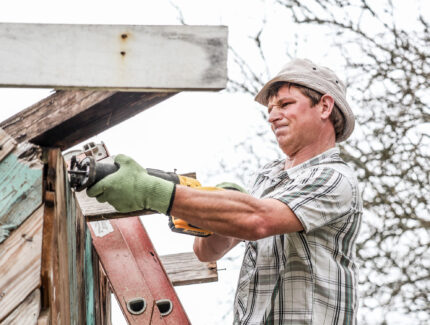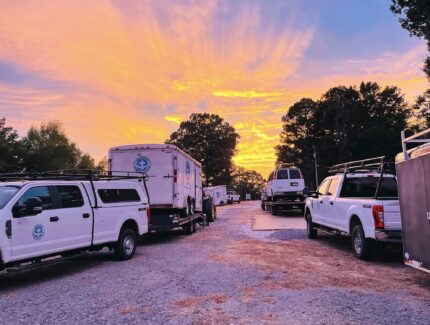
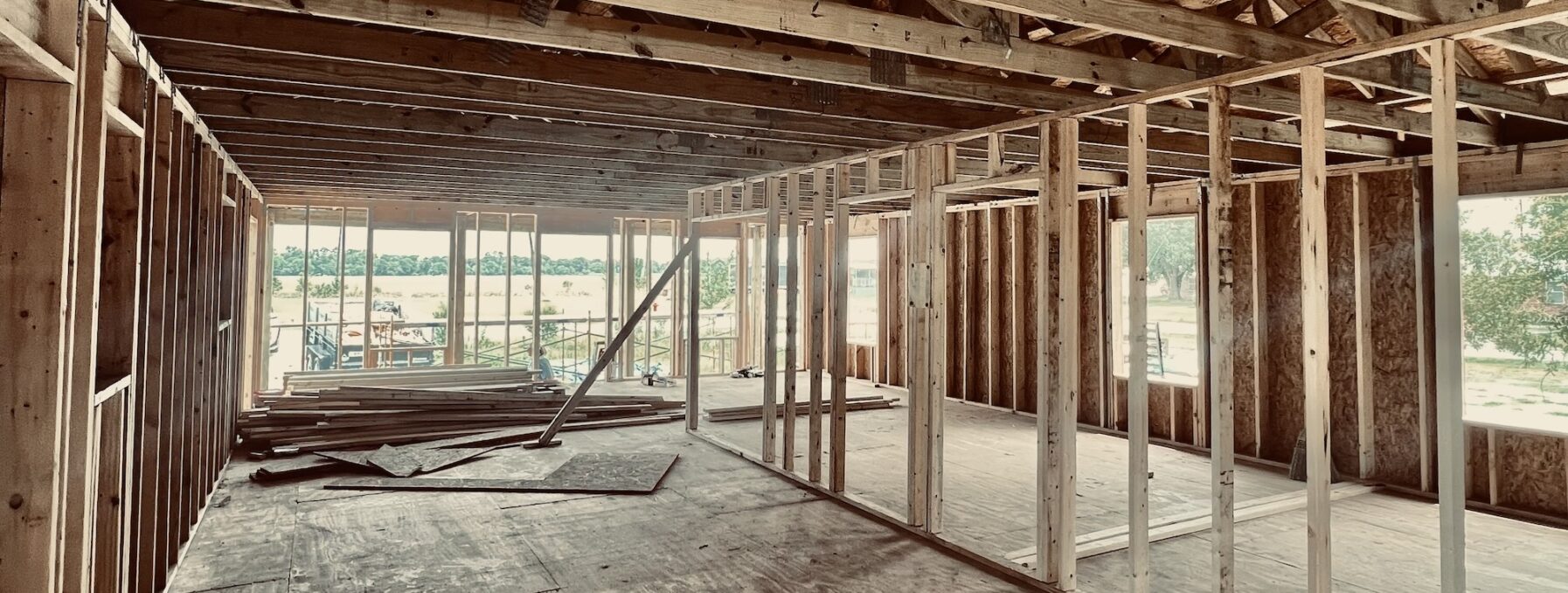
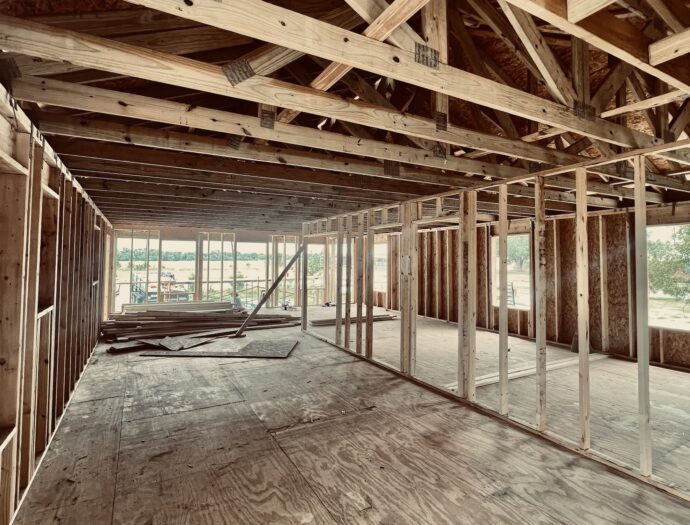
March 7, 2024
Remote electrician brings a money-saving spark to MDS in Louisiana
Phil Helmuth was beating the bushes to find a reasonably-priced electrician. It was early 2023, when MDS was rebuilding and repairing homes in the wake of hurricanes Laura and Delta in southwest Louisiana,
Helmuth, an MDS project coordinator, was able to rely on local contractors for electrical, plumbing, and HVAC work—at first.
“We found a number of folks who were willing to work with us and really bought into our mission,” Helmuth said. “They gave us what I would consider a fair price for their services.”
But over a period of several months, those local contractors began to have more than enough work for people who could pay their full rate—a rate they deserved, Helmuth said. “They’re there to make a profit—and they need to be there,” he acknowledged.
Chock full of work for their own community, the local contractors weren’t able to help MDS any longer.
But when Helmuth went outside the few sub-contractors in the area, he ran into what felt like price gouging. “Where a sub-contractor would charge us $6,500 for a house—which felt reasonable—the closest price we would get for the same services was $21,000!” he said.
At first, the partners within the long-term recovery group—of which MDS is a part—paid that high price.
Then Helmuth had an idea—you might even call it a lightbulb. “I went to the permitting officer and the inspector, brought them together and asked if we could bring our own electrical subcontractors,” he said. “Without hesitation, they said yes.”
Helmuth then found a volunteer electrician who was willing to donate his time—and also willing to get his Louisiana electrician’s license.
What’s more, he was also willing to work remotely. “We then had MDS volunteers on the job who knew quite a bit about electrical wiring but did not have a license,” Helmuth explained. “So in the mornings the volunteers would make a call to the remote electrician, and walk around the house with FaceTime on their phones.”
They would repeat the process the next day, and the next—until the home was wired. “When it came to the inspections, we passed without question,” said Helmuth.
"I went to the permitting officer and the inspector, brought them together and asked if we could bring our own electrical subcontractors, without hesitation, they said yes.”
— Phil Helmuth, MDS project coordinator
Not for everyone
Helmuth was initially skeptical about the idea. “I wasn’t sure it was going to work,” he said.
But he agreed to try it on one house. “It went extremely well,” said Helmuth. “We are now on house number six.”
It’s a different way of working for MDS. Although MDS has successfully used remote office managers, this marks the first time MDS has tapped the services of a remote tradesperson. “I don’t necessarily recommend it for every community but in a place where local contractors are overloaded with work and can’t help you, it is a potential opportunity,” said Helmuth.
He recommended starting the process by having a conversation with the permitting officers. “One of the keys for us was trust—and trust resulted from transparency,” he said. “We were transparent with the permitting office and inspectors with what we were facing.”
From the beginning, this novel approach has involved working collaboratively with partners in order to find solutions. “One of the things I’ve sensed is that MDS is a trusted entity in the community,” said Helmuth. “When you have volunteers onsite who know something about electrical wiring, they know how important it is to be in contact with an electrician.”
For MDS in Lake Charles, that remote volunteer electrician is Chadd King, who lives in Alabama—but is only a FaceTime call away. Already experienced in volunteering for MDS, King said the process has been one of figuring out what works and what doesn’t.
“When we were first talking about it, I realized I already manage projects that I never see,” he said.
“I think it could be very beneficial to MDS in the future,” he added. He has some suggestions—such as standardizing the wiring to one circuit per room so every room is wired the same—to make the work easier for the onsite volunteers.
For King, who has a job, a wife, and two children ages three and nine, it’s also a flexible way to serve MDS from home. “It’s been a pleasure to be able to work and not take a week off to travel,” he said.

